1147 Views 觀看次數
Open to All 公開
00:00
00:00
Recommended Videos 影片推薦
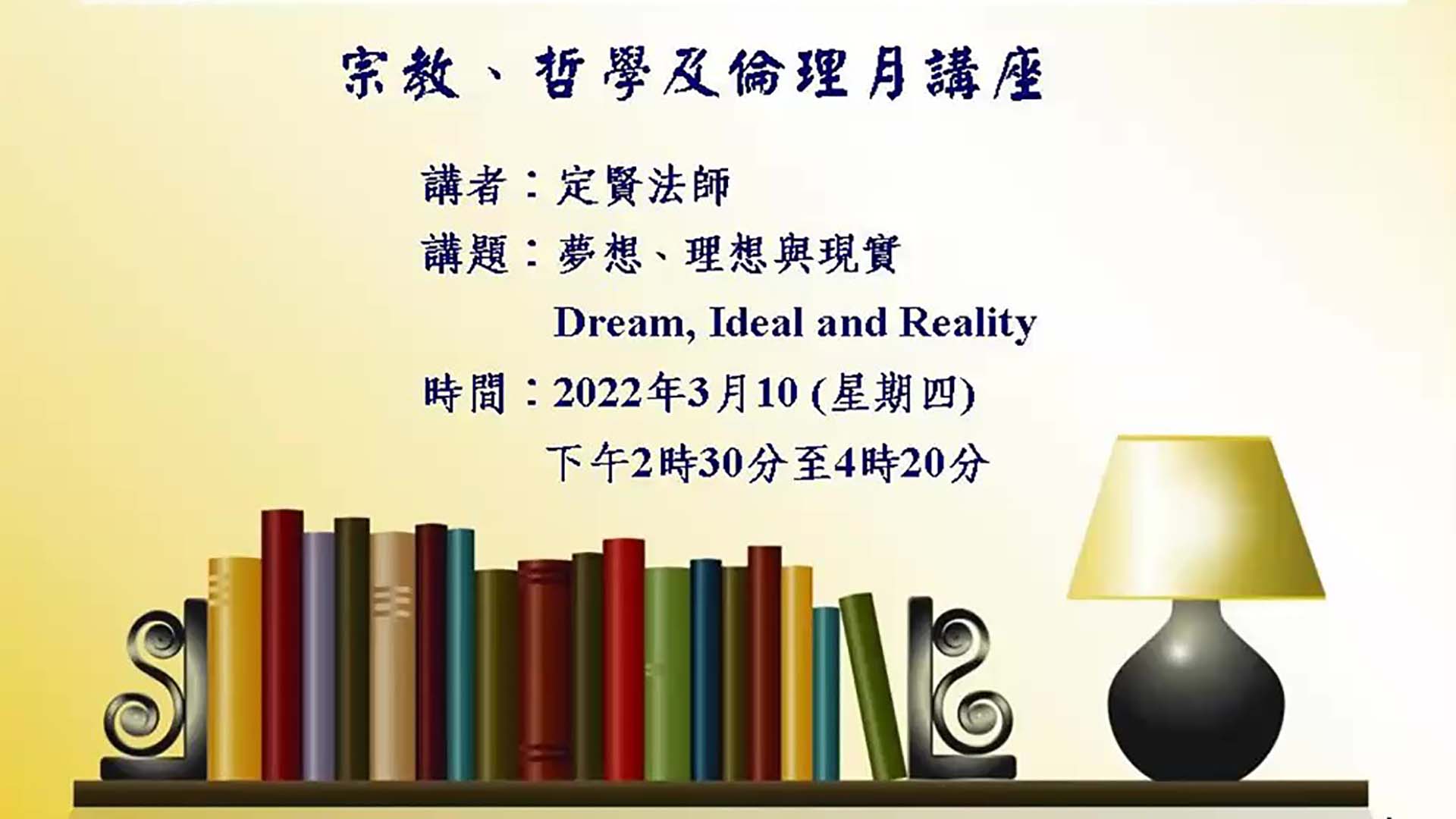
夢想、理想與現實
2022 | 108 mins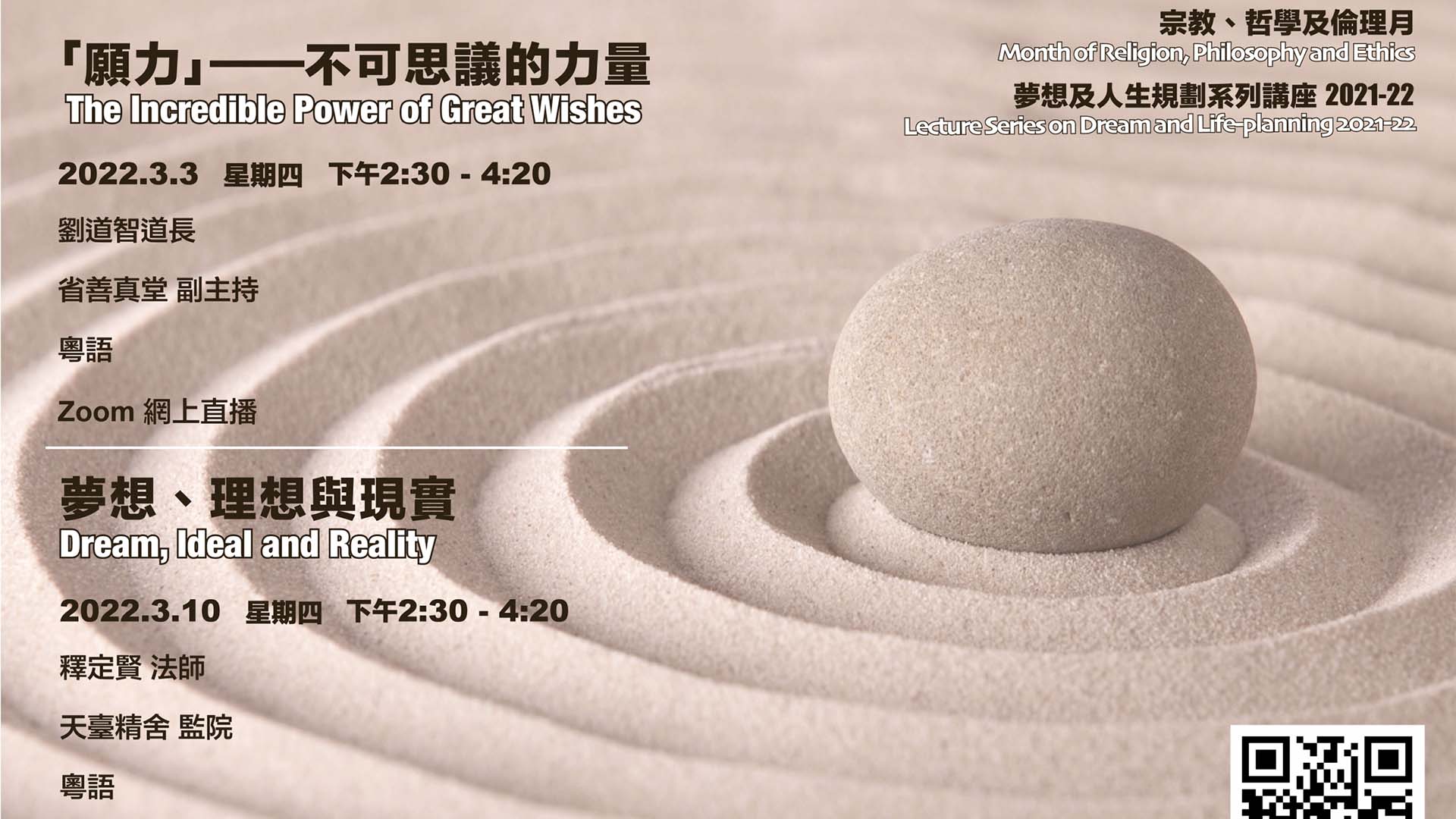
「願力」—不可思議的力量
2022 | 71 mins
香港鬼故事面面觀
2022 | 115 mins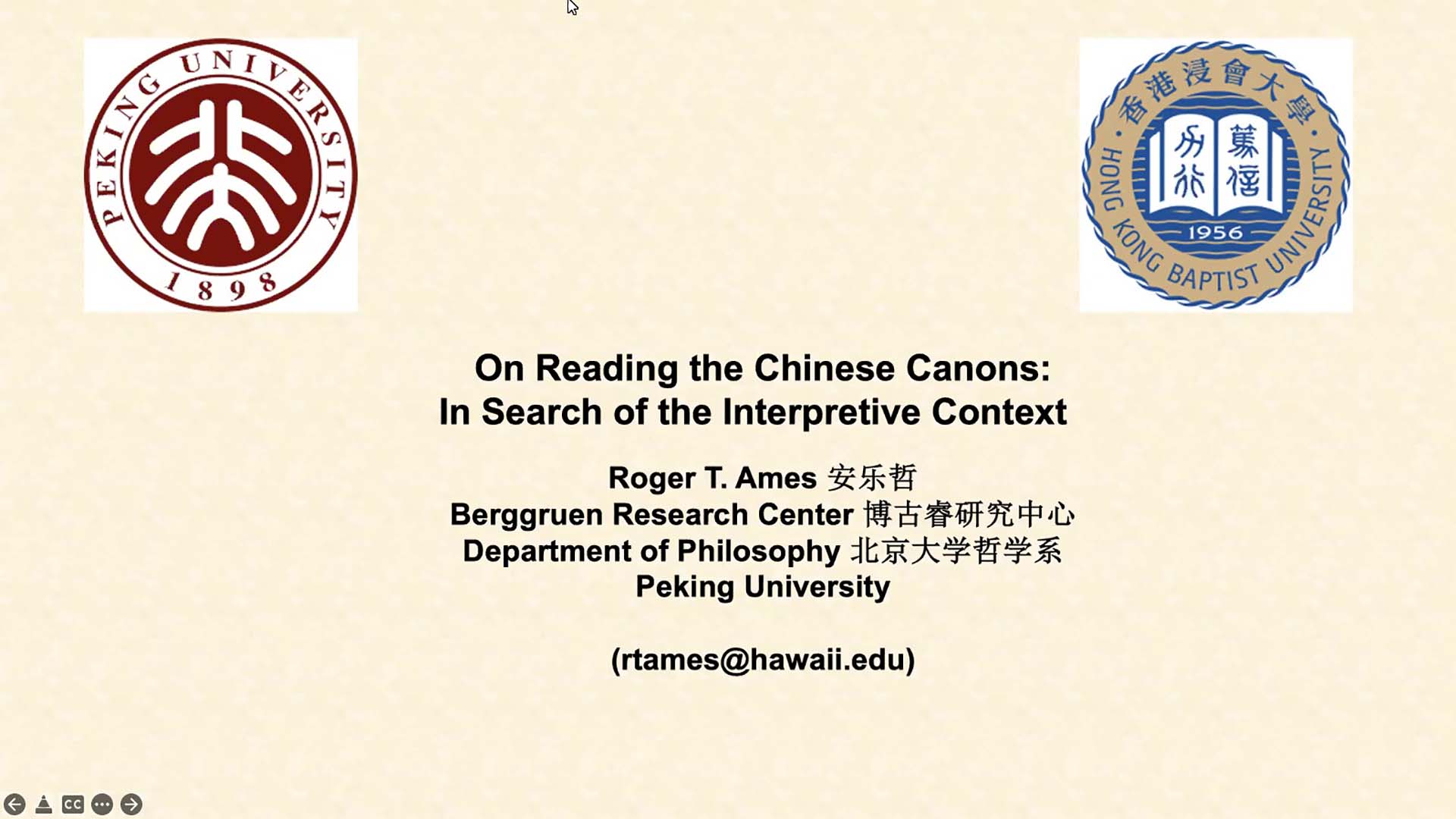
On Reading the Chinese Canons: In Search of the Interpretive Context
2022 | 112 mins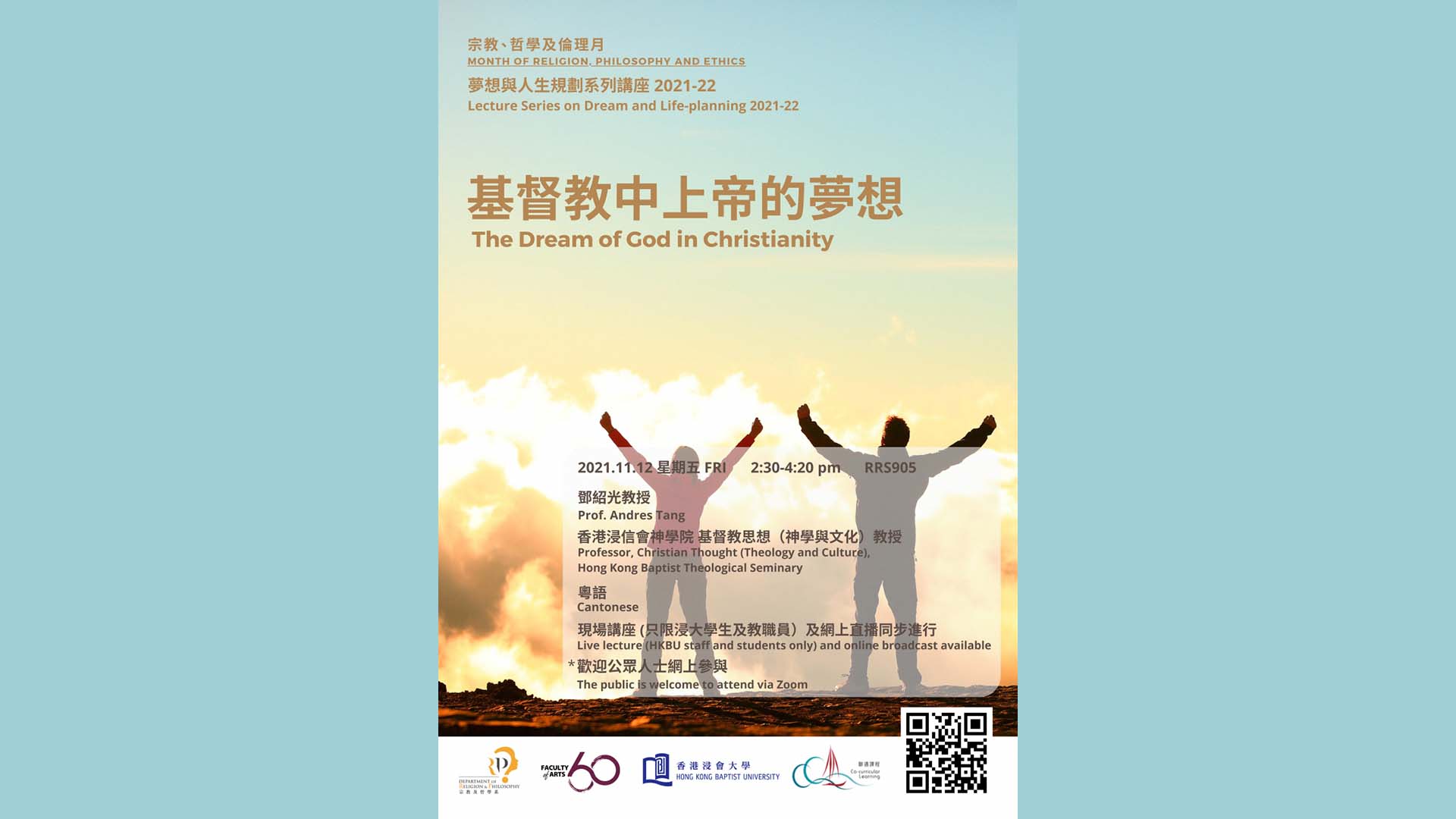
基督教中上帝的夢想
2021 | 106 mins
智理乎!愚夢乎! ——從《列⼦》兩則寓言説起
2021 | 67 mins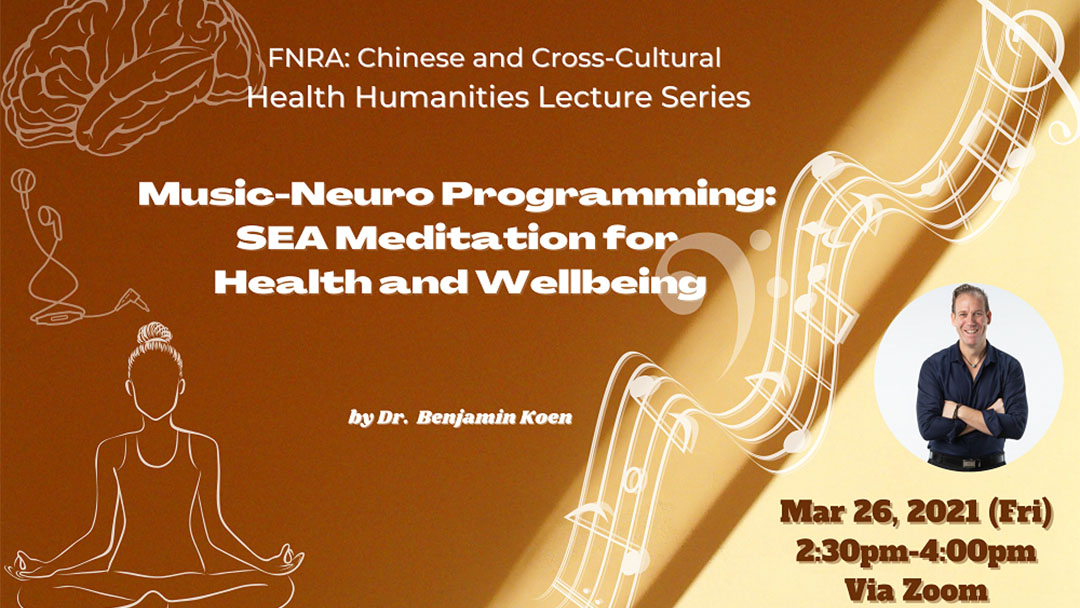
Music-Neuro-Programming: SEA Meditation for Health and Wellbeing
2021 | 95 mins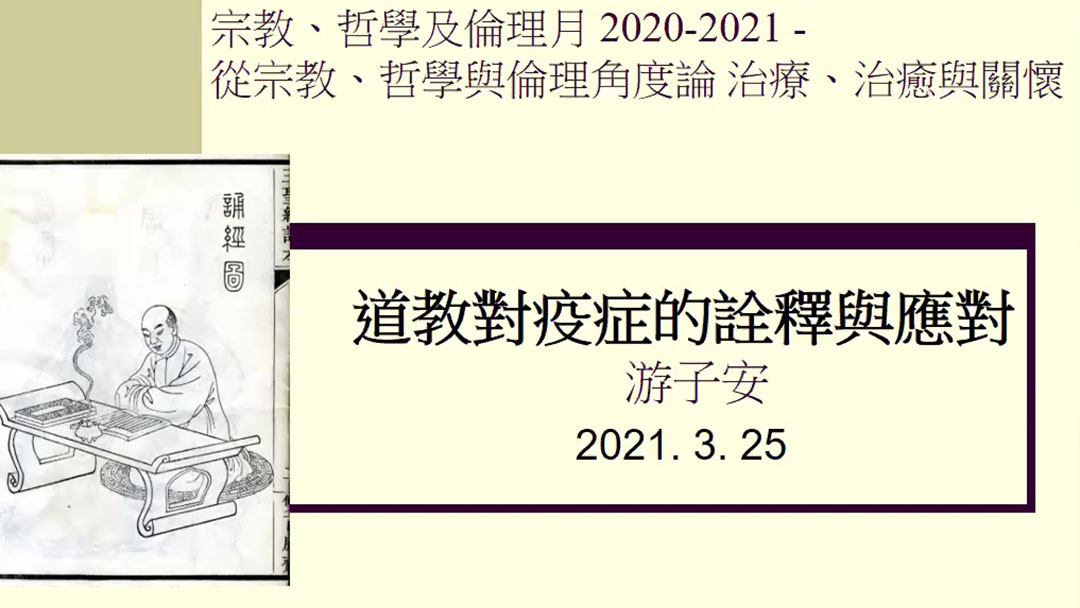
道教對疫症的詮釋與應對
2021 | 99 mins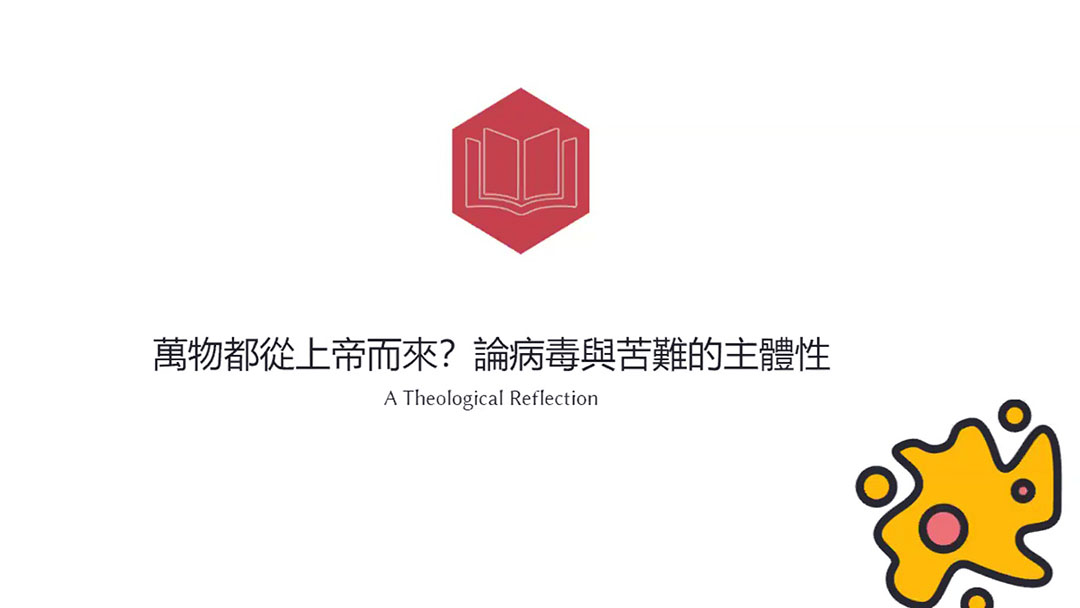
萬物都從上帝而來?論病毒與苦難的主體性
2021 | 88 mins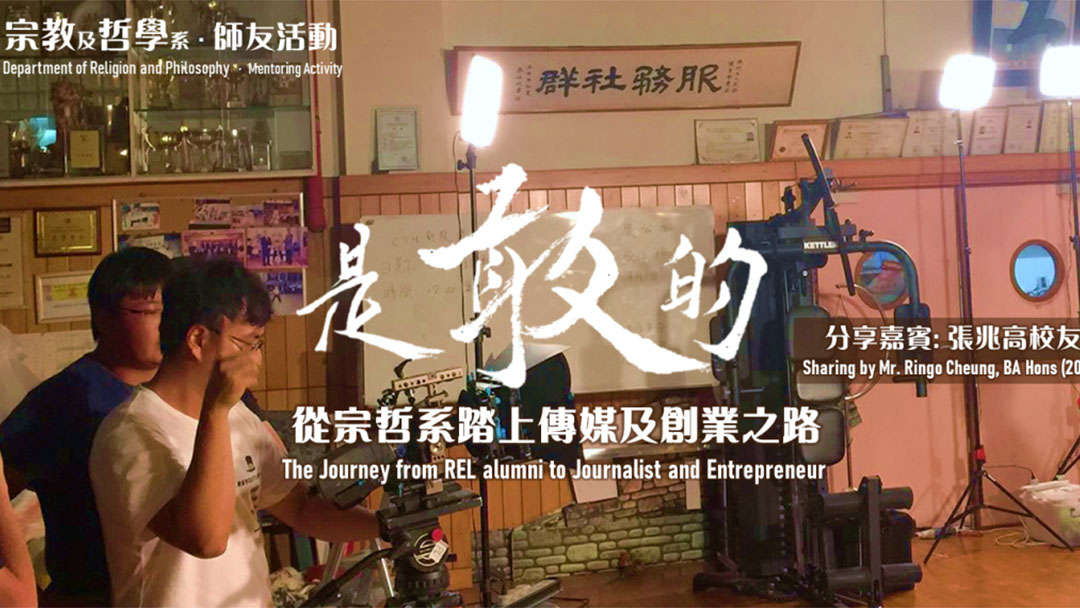
是敢的.從宗哲系踏上傳媒及創業之路
2021 | 105 mins
Audio 語言
English
English
Full Disclaimer
This video is presented here with the permission of the producers. Any downloading, storage, reproduction, and redistribution are strictly prohibited without the prior permission of the respective producers. Go to Full Disclaimer.






